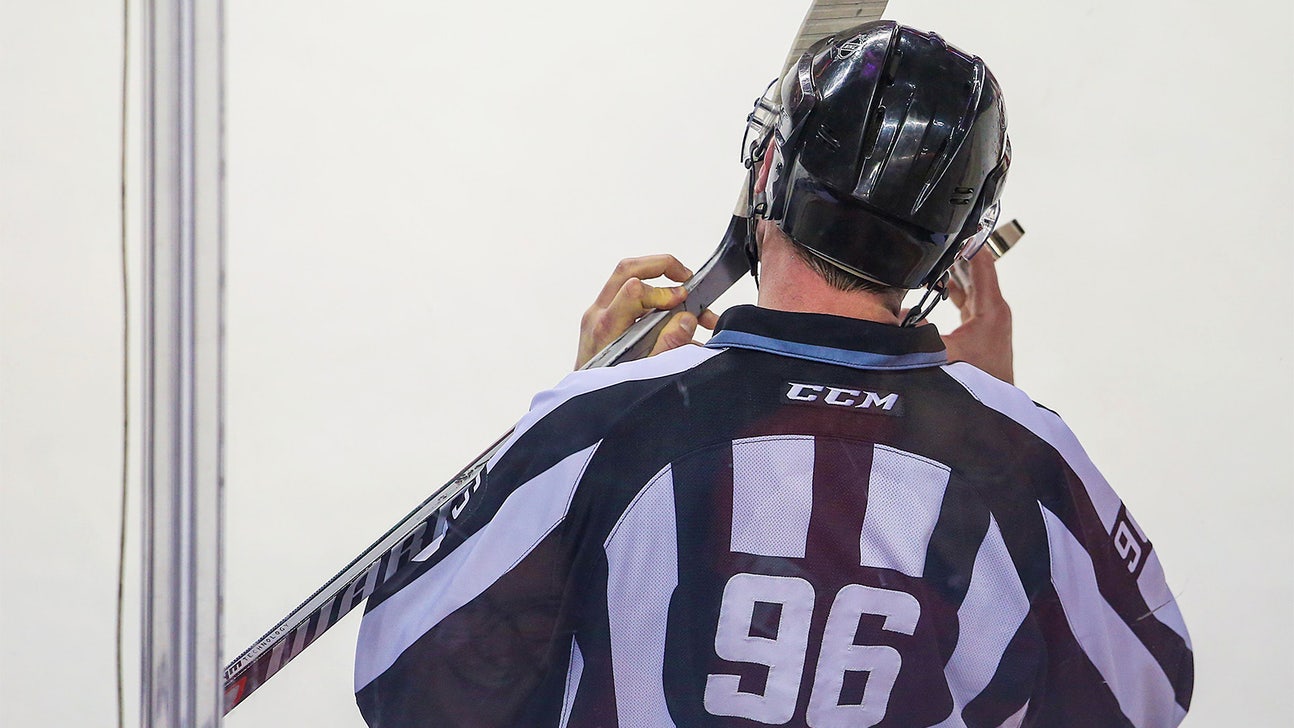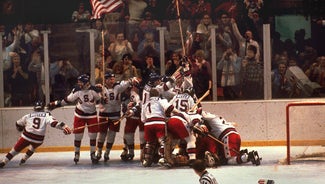
Reebok-CCM loses fight to claim helmets protect against concussions

The Competition Bureau in Canada reached an agreement with Reebok-CCM that will prevent the manufacturer from claiming its helmets protect against concussions, according to a recent release from the Competition Bureau. Reebok-CCM was attempting to use language that would imply its Resistance hockey helmet would protect against concussions, but the Competition Bureau concluded testing on the helmet was not adequate enough to support those claims.
As a result of the agreement, Reebok-CCM will have to pay $30,000 to the Competition Bureau for the investigation and will remove or modify all claims from marketing material that would assert in any way that the helmets protect against concussions. It will also donate $475,000 of sports equipment to a charity supporting youth sports initiatives while implementing an enhanced corporate compliance program.
Via the Competition Bureau:
"Current hockey helmet testing standards are aimed at protecting players from catastrophic brain injuries, such as skull fractures, not concussions. The science behind concussions in sports is still in its infancy, and the role that any hockey helmet can play in protecting players from concussions remains unclear. There are a multitude of factors such as age, weight, strength of the player, location of impact, and whether the hit was or was not anticipated when assessing concussion injury risk related to sports."
The Competition Bureau reached a similar agreement with Bauer in 2014 after the Competition Bureau claimed the company's attempts to create an impression that its RE-AKT helmets protected against concussions were not supported by adequate testing. According to a report at the time from the CBC, Bauer disagreed with the Competition Bureau's conclusions but agreed to modify or remove claims that could imply the helmets protected against concussions.
Helmet testing in relation to concussions has been a recent focus of research groups across North America. In March of 2015, Virginia Tech University completed an unrelated study on 32 models of hockey helmets as part of an evaluation process of hockey helmets and their impact on protecting against concussions. The study included more than 2,000 impact tests involving helmets both on the ice and in a laboratory. The research group then rated each helmet's performance through a five-star system. The final numbers show that 25 out of 32 models of hockey helmets tested were either marginally successful in reducing concussions or were not successful at all.
Virginia Tech concluded that only one helmet, the Warrior Krown 360, should receive more than a two-star rating (it received three stars). Six hockey helmets received a two-star rating (which the Virgina Tech group termed as adequate) while 16 received one-star ratings (meaning it was marginally successful) and nine received no stars (meaning the helmet was not recommended).
There were 16 models of CCM or Reebok helmets included in Virginia Tech's testing. The results were as follows:
Reebok-CCM helmets in Virginia Tech study
| Number of helmets | Star rating | Conclusion |
| 3 (including CCM Resistance 300 and CCM Resistance 100) | 2 stars | Adequate |
| 6 (including CCM Resistance model) | 1 star | Marginal |
| 7 | 0 stars | Not recommended |
The full Virginia Tech study and results can be found here.




